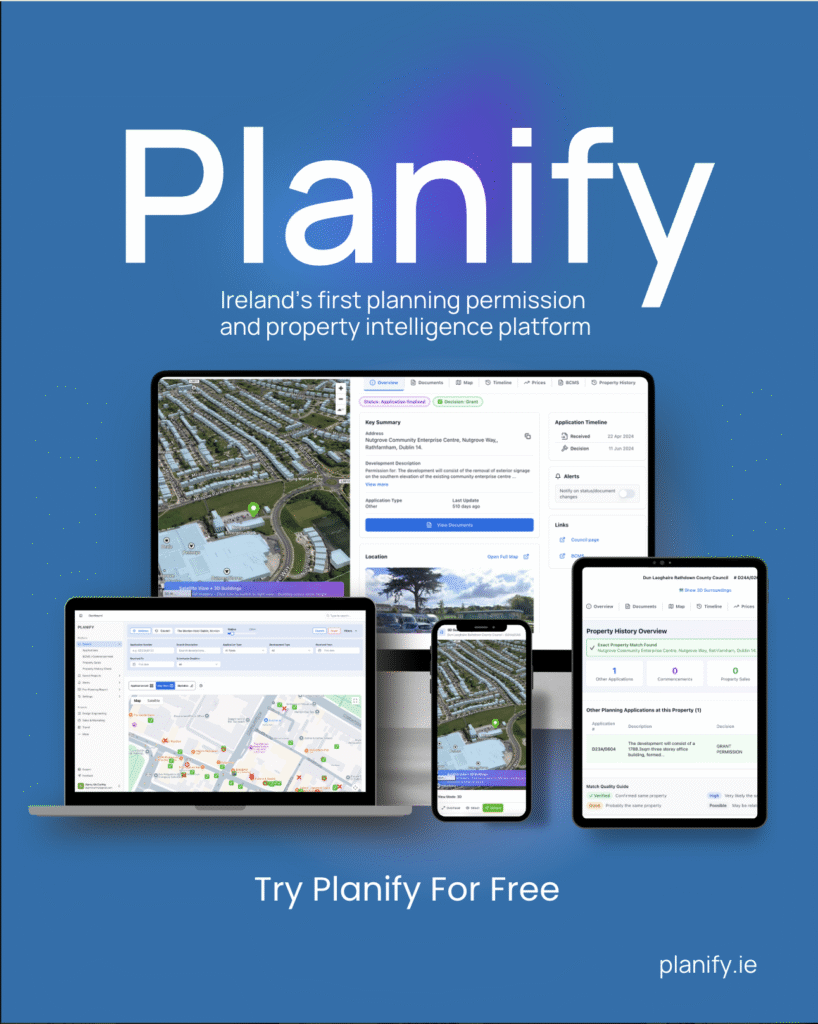The Galway City Council has recently rejected a significant housing estate development due to concerns over flood risk, leading to the project’s cancellation. This decision has significant implications for the local housing market and highlights the challenges developers face in balancing construction needs with environmental considerations.
The Galway City Council’s recent decision to refuse planning permission for a major housing estate has sent shockwaves through the local construction and housing sectors. The proposed development, which aimed to address the growing demand for housing in the area, was denied approval primarily due to concerns related to flood risk.
The rejected housing estate, which was planned to accommodate a substantial number of residential units, faced significant opposition from the council over fears that the site’s location posed a heightened risk of flooding. This refusal underscores the council’s commitment to prioritising environmental safety and sustainable development practices in the face of increasing urbanization pressures.
Impact on the Local Housing Market:
The refusal of planning permission for the Galway housing estate has created a ripple effect across the local housing market. With the project now halted, there are concerns about the potential implications for housing supply in the area. The rejection of such a large-scale development could exacerbate the existing housing shortage and lead to increased competition among buyers for the limited available properties.
Developers and investors in the region are now forced to reconsider their strategies and potentially seek alternative sites that meet the council’s stringent criteria for flood risk mitigation. This setback highlights the importance of thorough environmental assessments and risk management strategies in the planning and execution of housing projects in flood-prone areas.
The refusal of the Galway housing estate planning permission sheds light on the challenges developers encounter when seeking to meet housing demands while navigating complex regulatory requirements. Balancing the need for new housing developments with environmental considerations such as flood risk assessments presents a significant hurdle for construction projects in Ireland.
Developers must now engage in more comprehensive risk assessments and incorporate sustainable design features to address concerns raised by local authorities regarding flood risk. This shift towards more environmentally conscious development practices reflects a broader trend in the construction industry towards sustainable and resilient urban planning.
As the Galway City Council’s decision reverberates through the local housing market, stakeholders are bracing for potential shifts in development strategies and priorities. The emphasis on mitigating flood risk and promoting sustainable development practices is likely to shape future housing projects in the region.
Moving forward, developers will need to adopt a more proactive approach to environmental impact assessments and incorporate innovative solutions to address flood risk concerns effectively. Collaboration between developers, local authorities, and environmental experts will be crucial in ensuring that future housing developments strike a balance between meeting housing needs and safeguarding the natural environment.
The rejection of the Galway housing estate planning permission underscores the intricate challenges faced by developers in balancing housing demand with environmental considerations. As the housing market in Galway navigates this setback, a renewed focus on sustainable development practices and risk mitigation strategies is essential to ensure the long-term resilience and viability of housing projects in flood-prone areas.







